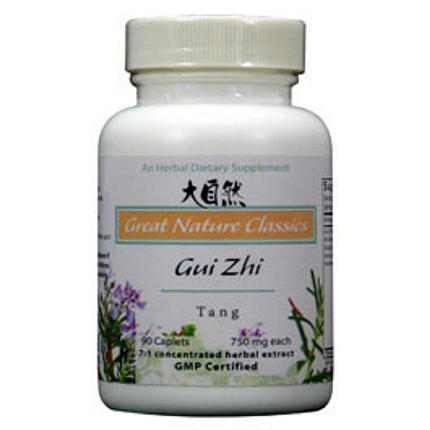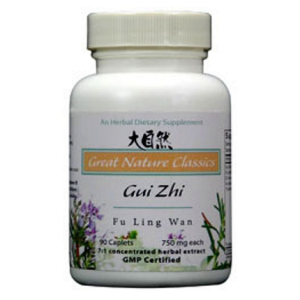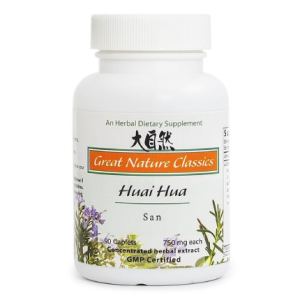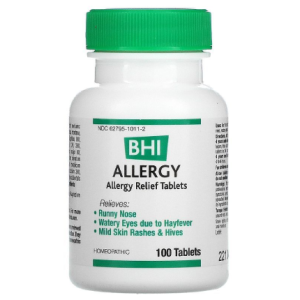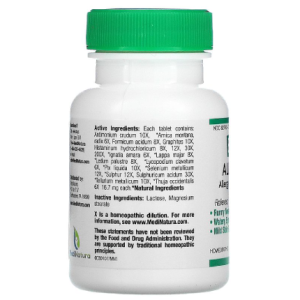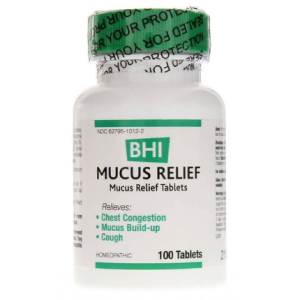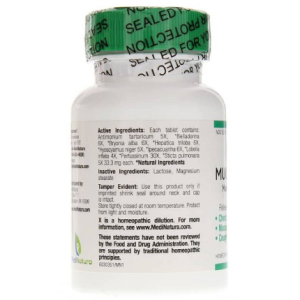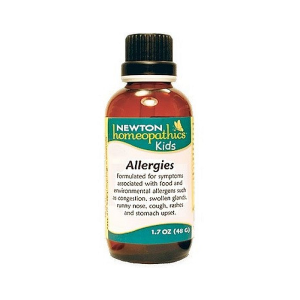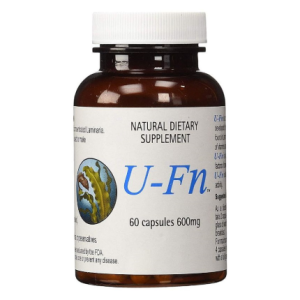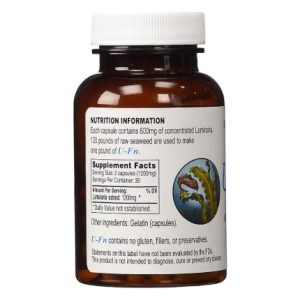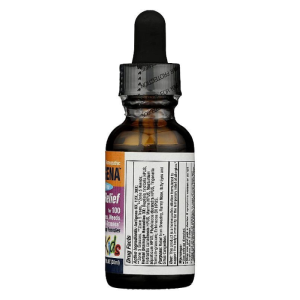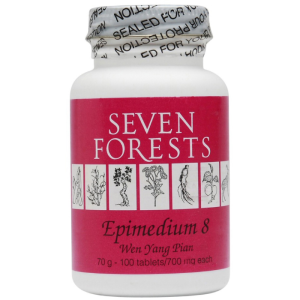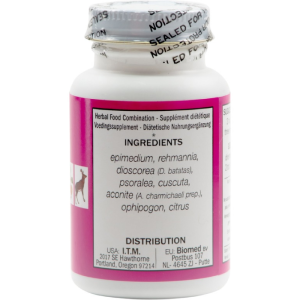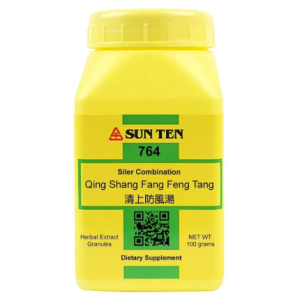Great Nature by Blue Poppy – Gui Zhi Tang – 90 caps
$24.50
Gui Zhi Tang by Blue Poppy’s Great Nature Classics is a formula that comes from Zhang Zhong-jings late Han dynasty Shang Han Lun (Treatise on Damage [Due to] Cold).
Within this formula, Gui Zhi resolves the exterior and scatters cold, while Bai Shao nourishes the blood and constrains yin. Together, one dispels wind evils from the exterior and the other supplements the constructive qi.
Gui Zhi Tang by Blue Poppy’s Great Nature Classics is a formula that comes from Zhang Zhong-jings late Han dynasty Shang Han Lun (Treatise on Damage [Due to] Cold).
Within this formula, Gui Zhi resolves the exterior and scatters cold, while Bai Shao nourishes the blood and constrains yin. Together, one dispels wind evils from the exterior and the other supplements the constructive qi.
Sheng Jiang aids Gui Zhi in resolving the exterior. However it also warms the middle and harmonizes the stomach.
Da Zao assists Bai Shao in nourishing and harmonizing the constructive and blood. Mix-fried Gan Cao harmonizes all the other ingredients in the formula as well as promotes the interaction of yin and yang when combined with the foregoing medicinals.
Actions: Dispels wind and scatters cold, harmonizes the constructive and defensive
Pattern: Externally contracted wind cold
Tongue: Usually has a thin, white coating
Pulse: Usually floating
Chinese Symptomology: Signs & symptoms of external contraction of wind cold include: Fever and chills unrelieved by sweating, headache, aversion to wind, stiff neck, nasal congestion, thin, white tongue fur, a floating, soft pulse. Signs & symptoms of loss of harmony between the constructive and defensive in a patient that is chronically ill include: Fever, sweating, aversion to wind or a forceless pulse.
Western Symptomology: Externally contracted wind cold and disharmonies of the constructive and defensive presenting as 1) febrile diseases, such as common cold, influenza, postpartum fevers, and fever of unknown origin. 2) conditions characterized by a surging sensation in the torso, including such cardiovascular diseases as myocarditis, premature ventricular contractions, paroxysmal atrial fibrillation, sick sinus syndrome, and functional cardiac disorders. 3) allergic disorders, including allergic rhinitis, allergic purpura, food allergies, asthma, chronic urticaria, and eczema. 4) miscellaneous disorders, including hemiplegia, neutropenia, hyperactivity, enuresis, peri- and menopausal syndromes, hypotension, and diffuse esophageal spasms.
Suggested Use:
Adults take 3 capsules 2 times per day or as directed by your healthcare practitioner.
Gui Zhi Tang Ingredients in 3 capsules:
Gui Zhi (Ramulus Cinnamomi) 166.7 mg
Bai Shao (Radix Alba Paeoniae) 166.7 mg
Da Zao (Fructus Jujubae) 166.7 mg
Sheng Jiang (uncooked Rhizoma Zingiberis) 166.7 mg
Mix-fried Gan Cao (Radix Glycyrrhizae) 83.2 mg

